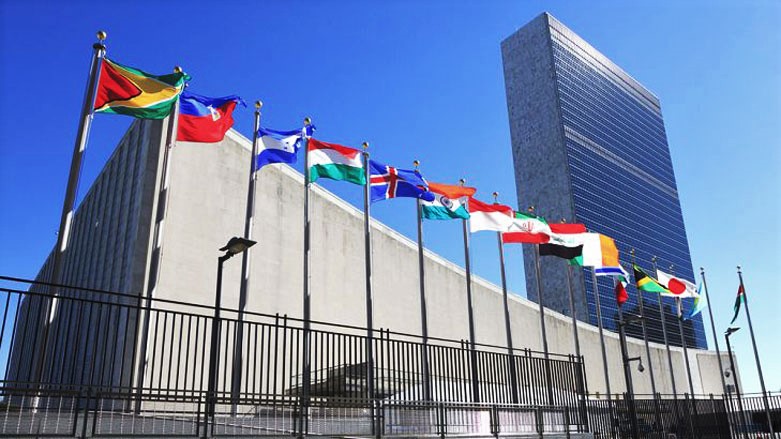UN removes 17 Iraqi 'entities' from Saddam-inspired sanctions since June

ERBIL (Kurdistan 24) – The United Nations Security Council (UNSC) has recently stepped up a process of removing various Iraqi individuals, companies, and institutions from sanctions imposed on them in 2003 for having perceived connections to ousted leader Saddam Hussein.
The sanctions sought to freeze assets of over 200 “entities” and went into effect days after the controversial UNSC Resolution 986 in place since 1995, known as the “Oil for Food” program, was discontinued. They were enacted after a UN committee was set up to investigate financial assets that were thought to have been removed from the country by those connected to the former Iraqi president.
For a decade and a half, the UN intermittently announced the removal of one or two entities from the list with months or years passing between them. In June, the pace picked up, and 17 have been taken off the list between then and the beginning of October.
At this point, the announcements appear to be of largely symbolic importance, since such high-profile government agencies as the Central Bank of Iraq, which implements Iraq’s monetary policy, holds its reserves of gold, and issues its money, remained on the list until this June.
On Aug. 29, former Prime Minister Haider al-Abadi confirmed that Baghdad was planning to send a delegation to the United States to seek an agreement granting it exemptions from Washington’s current sanctions on Tehran. He said this was needed because Iraq’s economy is highly interlinked with, and dependent on, Iran’s.
“We have presented a clear vision of what Iraq really needs,” Abadi said during his weekly press conference in Baghdad. “This includes Iranian (natural) gas, which is very important, as well as other trade and the electricity sector.”
The Iraqi prime minister also called the economic embargoes on Iran “unilateral” and “oppressive,” adding that his country would not be “part of a blockade” due to its own bitter experience with sanctions.
Editing by Karzan Sulaivany
